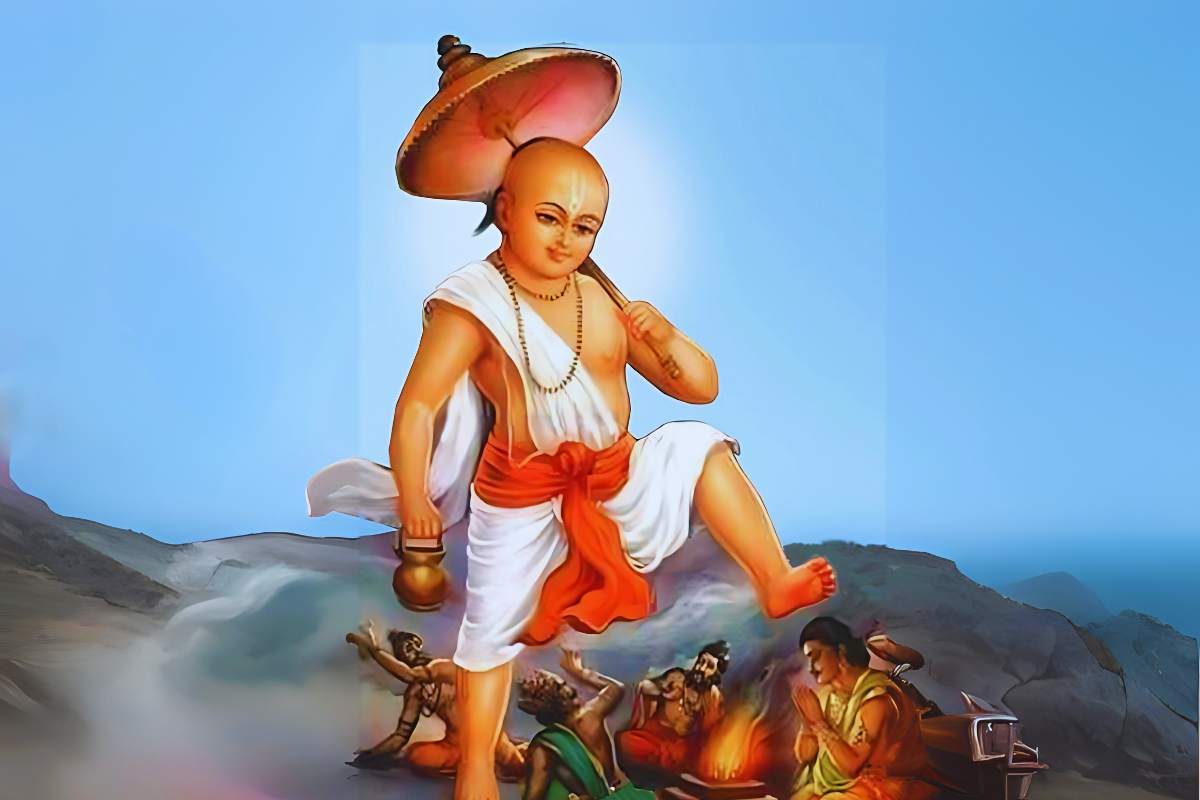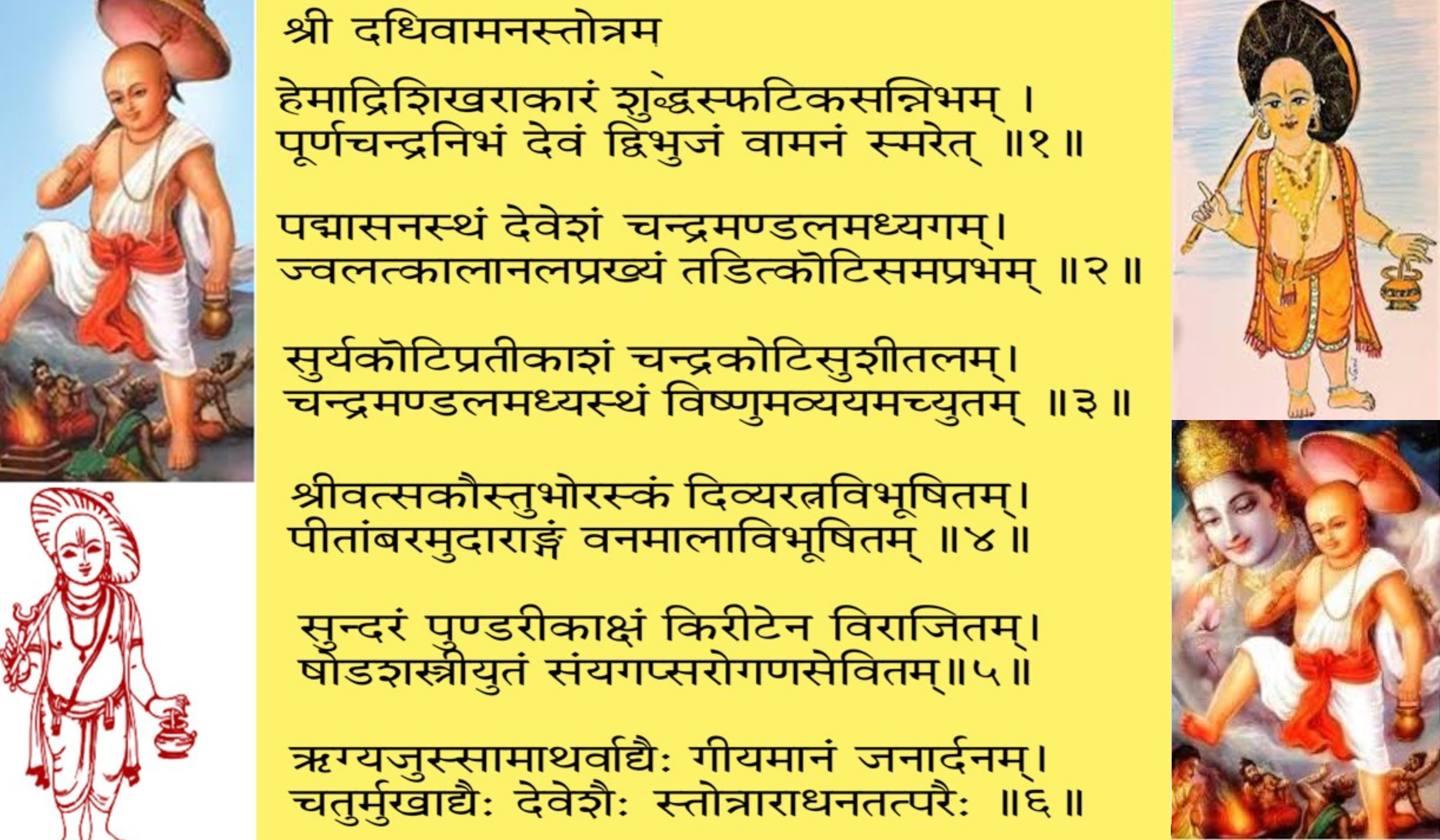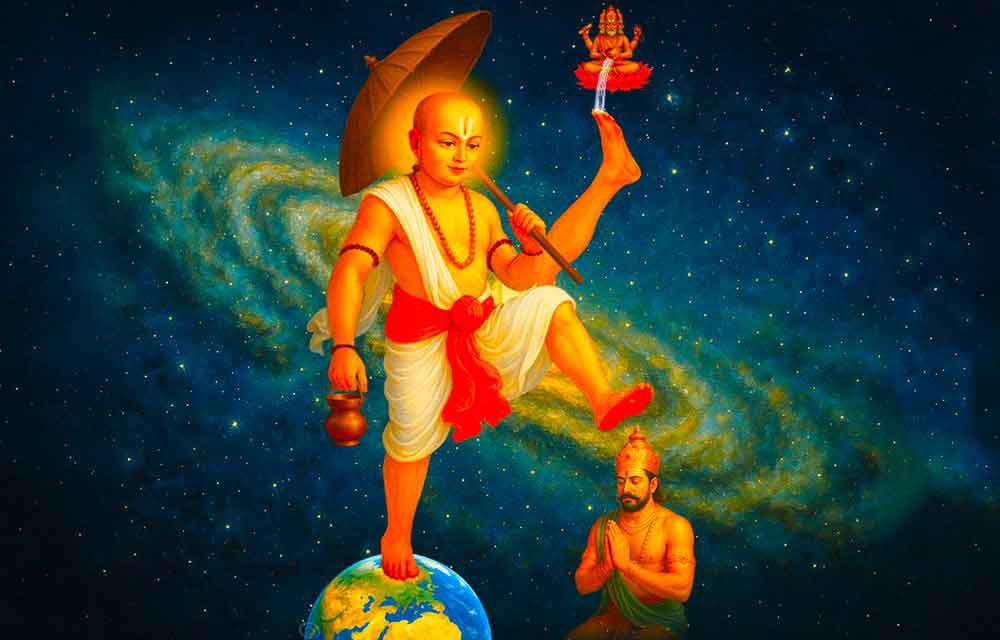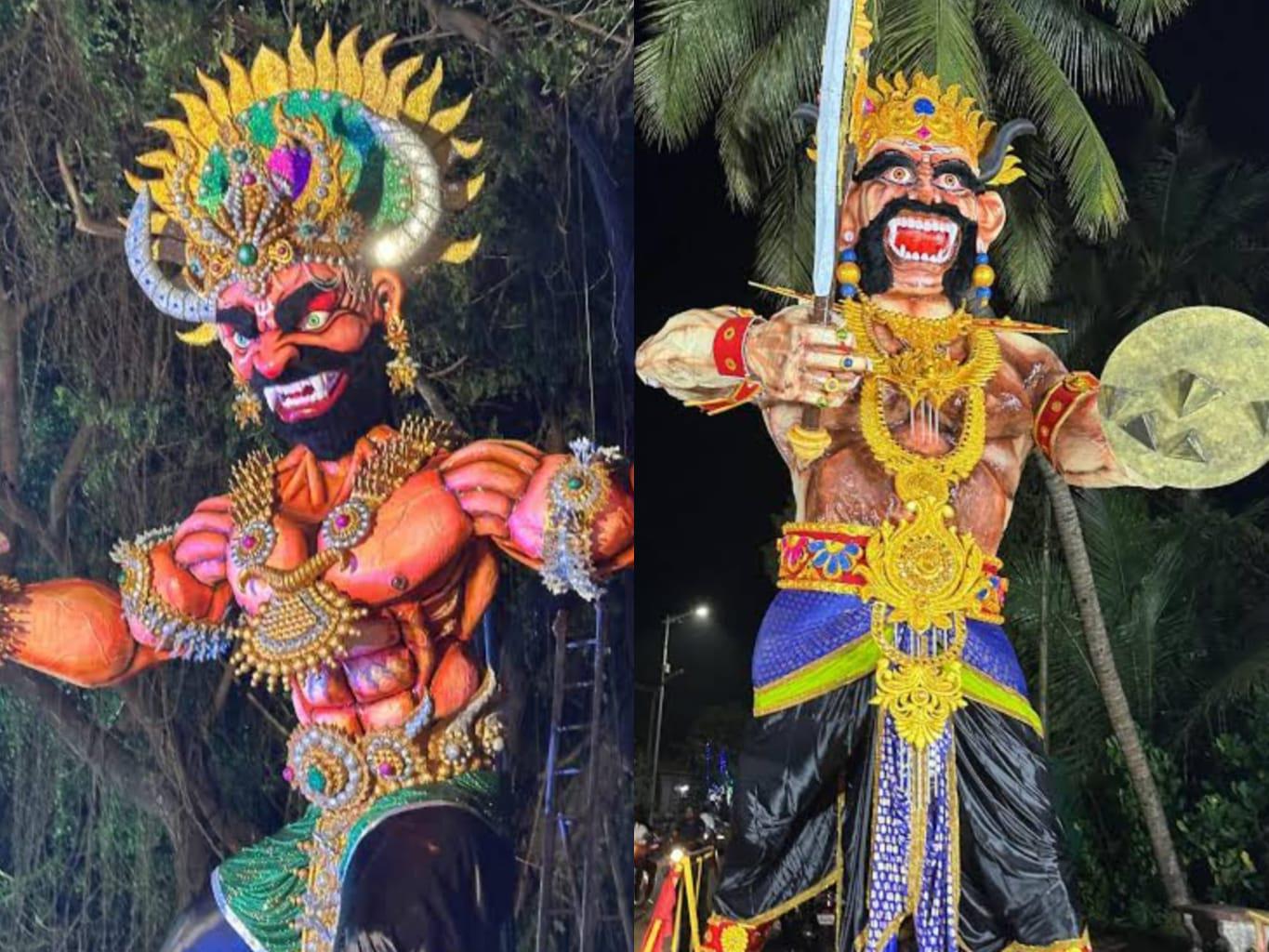Balipratipada-The immortal Asura!
Balipratipada, also known as Bali Padyami or Padva, is the fourth day of Diwali and is celebrated to honor the benevolent demon king Bali. It commemorates his annual return to Earth from the netherworld, a boon granted to him by Lord Vishnu. It is also known as Bali Padwa in Maharashtra and Bali Padyami in Karnataka and is considered one of the most auspicious "half-muhurtas" in the Hindu calendar.It is a day for new beginnings, with a belief that new ventures started on this day will be prosperous.

The earliest mention of Bali's story is found in the 2nd-century BCE Mahābhāṣya of Patanjali on Panini's Astadhyayi. The festival has links to Samudra Manthana and also finds mention in the Mahabharata, Ramayana and several major Puranas. The Dadhivamana Stotra is part of the ancient Hindu scripture the Vamana Purana. The stotra is presented as part of a narrative where the sage Rishi Pulastya recounts the tale of Lord Vamana (an incarnation of Vishnu) in response to the queries of the sage Narada.

The legend of Balipratipada is centered on the Vamana avatar of Lord Vishnu and the generous king, Bali. He is the grandson of Prahlada, and a descendant of the sage Kashyapa. King Bali, a benevolent but ambitious daitya (demon), defeated the gods and conquered the three worlds: Earth, the heavens, and the netherworld.
The Bhagavat Purana states that Mahabali's piety was corrupted by his power, leading to arrogance and a distorted sense of humility. To restore the cosmic order, Lord Vishnu descended to Earth as Vamana, a dwarflike Brahmin. Vamana approached Bali who was doing the Ashwamedha yagya and asked for a gift of land that he could cover in just three steps. Despite warnings from his guru, Shukracharya, King Bali's generosity and integrity compelled him to grant the small boy his request and Bali agreed to the seemingly small request. Vamana then transformed into a colossal form, growing to an immense size. With his first step, he covered the entire Earth, and with his second, he claimed the heavens. With no space left for Vamana asked Bali where he should place it.

Mahabali was oblivious to the loud cries of his wife, Vindhyavali and his sons Namasu and Banasura. He didn’t hear his wife pleading with him, “My Lord, run! Run away from there.” He was bewitched by the mesmerizing eyes and realizing Vamana's divine identity, Bali offered his own head as the third and final step. Impressed by Bali's humility and devotion, Lord Vishnu sent him to the netherworld (Patala) but granted him the boon of returning to his kingdom on Earth once a year. Balipratipada marks this annual return.
The story teaches that true greatness lies not in worldly possessions or power, but in the ability to surrender one's ego completely at the feet of the divine. King Bali chose to honor his word and uphold his dharma even when it meant losing everything. His devotion was rewarded with a divine blessing that transcended his temporary material loss and in exchange for his kingdom, he received Lord Vishnu's divine grace, protection.
The festival celebrates the victory of good over evil, but also shows the impartial nature of divine justice. Bali was not killed but instead given a new, higher purpose, illustrating that even asuras (demons) can attain grace through sincere devotion. The annual return of King Bali symbolizes the chance for a new beginning.Celebrations include special pujas and a sense of gratitude for prosperity, health, and happiness. People draw colorful rangolis depicting King Bali and his wife, Vindyavalii, and offer prayers and food and exchange gifts. The day is celebrated as Bestu Varas, the traditional New Year in Gujarat. It is a time for starting new ledgers and closing old accounts, symbolizing a fresh start. By honoring King Bali, the festival reminds people to embody his virtues of humility, integrity devotion, and generosity.

The moral of the Bali and Vāmana story is that every entity in the universe has its place and its limits. The universe cannot exist if one element overwhelms the cosmic order and Viṣhṇu as the preserver of the cosmic order in the universe must correct all such imbalances and restore balance and equilibrium.
Note:(pics from internet for illustration only)
Comments (6)






